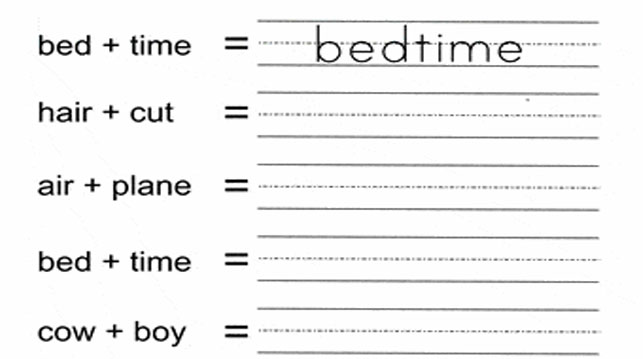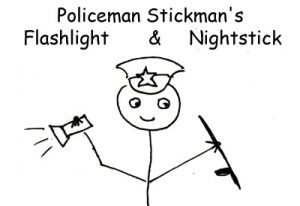
Recently I’ve gotten a little obsessed with compounds words and the hyphen, that little punctuation mark that can cause so much confusion. My interest in this started when I was looking into the spelling of the word “healthcare.” Oops! I mean “health care”… or “health-care”?
The spelling of this word gives people have a hard time. Merriam-Webster’s dictionary gives the spelling “health care” for the noun and explains that the spelling “health-care” is usually used attributively.
Ex. I need better health care, so I’m looking at my health-care options.
The Chicago Manual of Style agrees with this. APA suggests “health care” for both the noun and the adjective, relying on one of its general rules for hyphens: don’t use a hyphen unless it serves a real purpose. The AP also uses “health care” (but not “health-care”), and if you Google “healthcare” you will find it is used all over the place by reputable organizations, including many hospitals, and by everyone in the English-speaking world outside of North America.
Get a free sample proofread and edit for your document.
Two professional proofreaders will proofread and edit your document.
Considering this mish-mash, I figured Proofreading Pulse’s readers could use some information on such compound words, which are words made up of more than one word or of a base word and a prefix of suffix. Compound words can be open (written as two separate words), hyphenated (the parts are connected with a hyphen), or closed (the parts are written without spaces or hyphens). Here are some examples:
Here are some examples of compounds with prefixes, but only hyphenated and closed compounds because compounds with prefixes don’t come in an open variety:
So how’s a writer supposed to know how to spell a compound word? There are, thankfully, a few general rules:
Ex. “It’s in the living room.” (no hyphen)
Ex. “It’s on the living-room rug.” (hyphen)
Ex. “He wears a hard-to-fit size shoe.”
Ex. “This is a time-consuming project.” (hyphenated compound)
Ex. “This project is time consuming.” (no hyphen)
Ex. antibacterial, precalculus, microanalysis
 As I said, there are quite a few exceptions to these rules. I’ll go into detailed rules and exceptions in an upcoming blog. For now, when dealing with a compound word you’re not sure about, first check the dictionary, then if you’re still not sure follow the guidelines listed above, and most important, make sure to be consistent with how you treat compound words throughout your writing. If you hyphenate it once, do it all the time.
As I said, there are quite a few exceptions to these rules. I’ll go into detailed rules and exceptions in an upcoming blog. For now, when dealing with a compound word you’re not sure about, first check the dictionary, then if you’re still not sure follow the guidelines listed above, and most important, make sure to be consistent with how you treat compound words throughout your writing. If you hyphenate it once, do it all the time.
Sarah P.
Get a free sample proofread and edit for your document.
Two professional proofreaders will proofread and edit your document.
Get a free sample proofread and edit for your document.
Two professional proofreaders will proofread and edit your document.
We will get your free sample back in three to six hours!